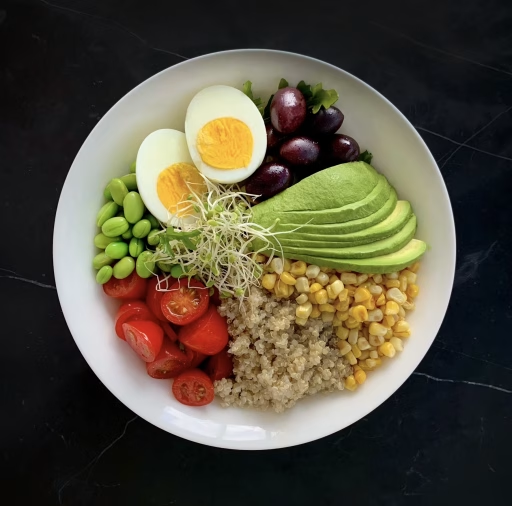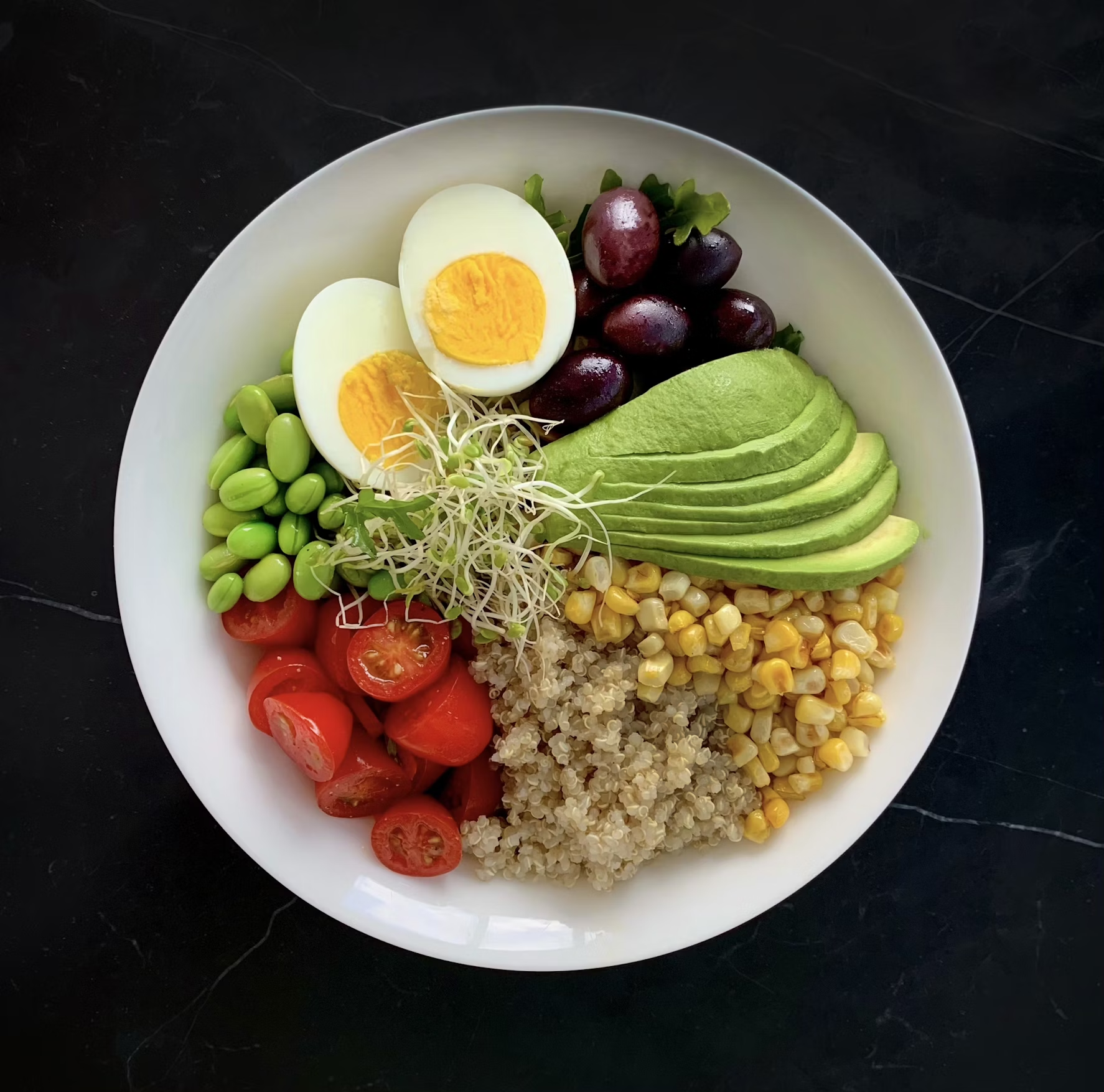Dr. Peter Attia’s Recommendations for Optimal Protein Intake
Healthy’s Summary
Protein is essential for muscle maintenance, metabolic health, and longevity. Dr. Peter Attia advocates for higher-than-RDA protein intake to preserve lean muscle mass and optimize health. His recommendations focus on protein quality, timing, and distribution throughout the day. Factors like age, activity level, and goals (muscle gain, fat loss, longevity) influence how much protein a person should consume.
Why Protein Matters
Protein is the building block of muscle and plays a critical role in hormone production, immune function, and metabolic health. As we age, sarcopenia (age-related muscle loss) becomes a major concern, making adequate protein intake essential for longevity and quality of life.
Dr. Attia’s approach to protein intake is grounded in muscle-centric medicine—prioritizing strength and muscle mass as key indicators of long-term health.
How Much Protein Does Dr. Attia Recommend?
Dr. Attia suggests a higher intake than traditional dietary guidelines, particularly for those looking to maintain or gain muscle:
- 1.6–2.2 grams of protein per kilogram of body weight (0.7–1.0 g per pound) for most individuals.
- Closer to 2.2 g/kg (1 g/lb) for highly active individuals and older adults to combat muscle loss.
- Spread protein intake evenly across meals to maximize muscle protein synthesis (MPS).
Protein Timing & Distribution
- Aim for at least 30–50g of protein per meal to effectively stimulate MPS.
- Consume protein within 60–90 minutes post-workout to support recovery.
- Prioritize high-quality protein sources like lean meats, eggs, dairy, fish, and protein supplements if needed.
The Best Protein Sources
Dr. Attia emphasizes high bioavailability and essential amino acid content, focusing on:
- Animal-based proteins: Beef, chicken, fish, eggs, dairy (best for muscle preservation and absorption).
- Whey & casein protein: Easily digestible and rich in leucine, a key amino acid for muscle synthesis.
- Plant-based proteins: Lentils, quinoa, tofu, and soy—though often lower in leucine and requiring strategic pairing.
Protein & Longevity: Too Much or Just Right?
A common concern is whether high protein intake accelerates aging due to mTOR activation. Dr. Attia believes this risk is overstated, especially when protein is consumed strategically:
- Muscle preservation > theoretical longevity concerns.
- Intermittent fasting or cycling lower-protein days may mitigate any potential risks.
- Strength training alongside higher protein intake supports longevity more effectively than limiting protein.
Ask Healthy
The Takeaway
Dr. Attia promotes a higher protein intake than standard recommendations, prioritizing muscle preservation, metabolic health, and long-term performance. Optimal intake varies by individual, but a general range of 1.6–2.2 g/kg (0.7–1.0 g/lb) of body weight ensures adequate muscle support.
Need help building a personalized protein strategy quickly? Start a chat now and get answers in minutes.
Want to dig deeper?
Optimize Health Today for a Longer, Stronger Tomorrow
Longevity optimization is a personalized journey focused on empowering you to build habits and adopt practices that promote a long, healthy, and fulfilling life. Engaging conversations provide science-backed insights, tools, and actionable guidance to help optimize physical health, mental resilience, and lifestyle habits that are proven to support longevity. You can explore topics like nutrition, exercise, cognitive health, sleep optimization, and stress management.
Enroll in one of Healthy’s Programs to log, track and learn more about your Health, one conversation at a time.
Start Program




